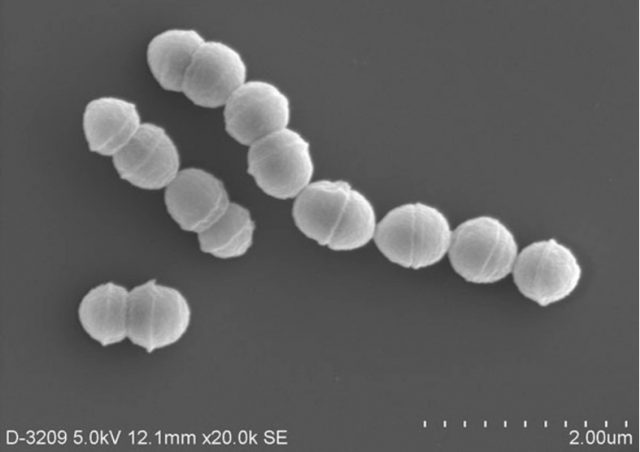Rare tissue-damaging bacterial disease spreads in Japan
Cases of STSS reached 977 by June 2 this year, surpassing previous record of 941 cases reported for all of last year

A rare tissue-damaging bacterial disease is spreading in Japan following the relaxation of COVID-19 restrictions.
According to Japan Times, Cases of streptococcal toxic shock syndrome (STSS) reached 977 by June 2 this year, surpassing the previous record of 941 cases reported for all of last year, according to the National Institute of Infectious Diseases, which has tracked the disease since 1999.
Group A Streptococcus (GAS), typically causing "strep throat" in children, can sometimes lead to severe symptoms like limb pain, swelling, fever, low blood pressure, necrosis, breathing problems, organ failure, and death. People over 50 are more vulnerable to the disease.
"At the current rate, Japan could see 2,500 cases this year with a mortality rate of 30%," said Ken Kikuchi, a professor of infectious diseases at Tokyo Women’s Medical University. "Most deaths occur within 48 hours. Swelling can start in the morning and spread rapidly, leading to death within two days."
Other countries have also seen recent outbreaks. In late 2022, at least five European nations reported increases in invasive group A streptococcus (iGAS) disease cases, including STSS, to the World Health Organization. The WHO noted the rise followed the end of COVID-19 restrictions.
Kikuchi urged the public to maintain hand hygiene and treat open wounds promptly. He highlighted that patients might carry GAS in their intestines, potentially contaminating their hands through feces.



















COMMENTS
Comments are moderated and generally will be posted if they are on-topic and not abusive.
For more information, please see our Comments FAQ